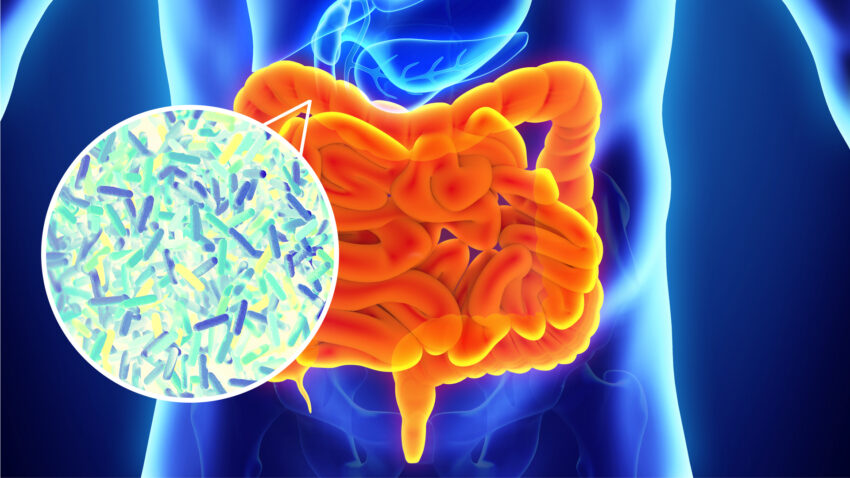A recent Europe-wide study involving 15 pancreas centers has uncovered a significant finding: the composition of the gut microbiome has a direct impact on the severity of acute pancreatitis. Researchers at the University Medical Center Göttingen (UMG) have developed a model that can predict the severity of pancreatitis based on changes in the gut microbiome. These findings could potentially lead to new treatment strategies for this life-threatening disease. The study has been published in Gut.
Severe acute pancreatitis is a dangerous condition that requires specialized multidisciplinary treatment. It is commonly triggered by gallstone disease and excessive alcohol consumption, although it can also be caused by medication, lipometabolic disorders, autoimmune diseases, or viral infections in rare cases.
While most cases of acute pancreatitis are mild and patients can be discharged from the hospital after a few days, approximately 20% of cases are severe and potentially life-threatening. These cases often involve organ failure and complications such as internal bleeding due to the inflammation-induced destruction of organs or blood vessels.
The exact factors and mechanisms that contribute to a severe course of the disease have not yet been fully understood. Consequently, there are currently no therapeutic approaches in the early phase of the disease that can significantly influence its course and severity.
In an effort to shed light on this issue, Dr. Christoph Ammer-Herrmenau, a junior researcher, and Professor Neesse, MD, Ph.D., a senior physician, both from the Department of Gastroenterology, Gastrointestinal Oncology, and Endocrinology at the UMG, conducted a Europe-wide trial involving 15 pancreas centers to investigate the role of the gut microbiome in the severity of acute pancreatitis.
By analyzing the microbiome changes in 424 patients with acute pancreatitis, the researchers were able to develop a prediction model that surpassed previously utilized prediction scores for disease severity. These results demonstrate a clear association between early changes in the gut microbiome and the subsequent severity of acute pancreatitis, mortality rates, and hospitalization lengths.
Additionally, further bioinformatic analyses revealed that microbial short-chain fatty acids may play a crucial role in the development of severe and life-threatening pancreatitis.
It is well-known that healthy individuals harbor numerous microbes in their bodies, including trillions of bacteria in the gastrointestinal tract alone. These microorganisms and their byproducts influence various processes, functions, and inflammatory and immunoregulatory mechanisms within the human body.
To conduct the study, the researchers analyzed the gut microbiomes of 424 patients with acute pancreatitis using oral and rectal swabs. They then correlated the microbiome data with the subsequent course of the disease, length of hospital stay, and mortality rates of the patients. The investigation also took into account various confounding factors such as age, gender, nicotine consumption, and antibiotic use that could potentially influence the microbiome.
Dr. Christoph Ammer-Herrmenau, the lead author of the study, explained the methodology, stating that swabs were taken from the mouth and rectum of patients in the emergency room. The samples’ bacterial composition was then analyzed using Oxford nanopore sequencing, which allows for the complete analysis of long DNA fragments. Subsequent bioinformatic methods were employed to precisely identify the bacteria down to the species level.
These recent findings present a significant advancement in our understanding of acute pancreatitis and its prediction. By recognizing the influence of the gut microbiome, researchers may be able to develop targeted treatments and interventions that can improve outcomes for patients with severe acute pancreatitis.
*Note:
1. Source: Coherent Market Insights, Public sources, Desk research
2. We have leveraged AI tools to mine information and compile it

